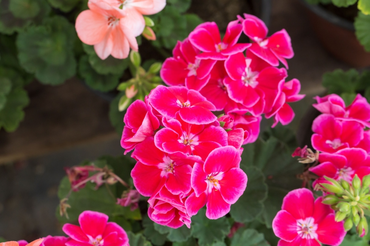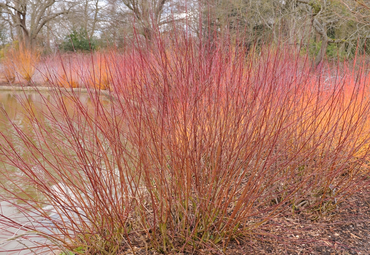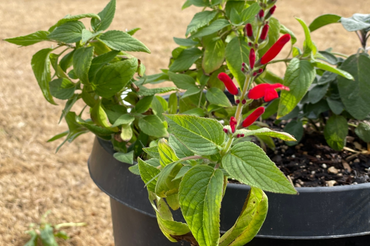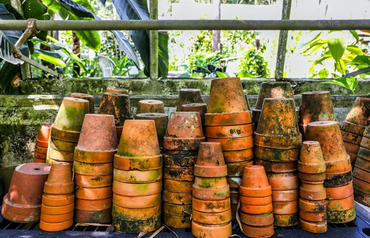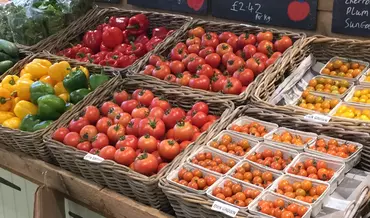
Food packaging plays a crucial role in preserving the freshness and safety of our food. However, the environmental impact of plastic food packaging has become a growing concern in recent years. At Carpenter’s we try to minimise our impact on the environment as much possible and use as little packaging as we can. The majority of our fresh fruits and vegetables are sold loose or where they do need to be containerised or packaged we use biodegradable and compostable packaging alternatives like paper punnets, and encouraging our customers to bring their own packaging. Read on as we discuss some of our favourite eco-friendly plastic alternatives for packaging food.
Biodegradable Bags
Biodegradable bags have gained a lot of popularity in recent years as an eco-conscious alternates to plastic food & drink packaging. These disposable food packaging bags are made from plant-based materials that break down naturally in the environment. They offer a greener solution, while continuing to provide the functionality and durability required for effective food packaging. That’s why they’re our favourite choice for food items that need to be bagged, like spinach and chard.
Recycled Materials
Can you recycle plastic food packaging? The good news is yes, you can – and doing so can help to create more recycled plastic that can be transformed into packaging materials suitable for food and drink products. Recycling as much plastic as possible is an effective way to reduce waste and lessen the impact of single-use plastic on the environment. By utilising recycled plastic, we can help to reduce the demand for new plastic production and keep plastic waste out of landfills.
Paper-Based Packaging
Paper packaging is a versatile alternative to plastic for food and drink products. Not only is it renewable and biodegradable, but it’s also easy to recycle. Thanks to technological advancements, paper packaging can now provide excellent barrier properties to protect food from grease, moisture, and oxygen. From paper pouches to cardboard boxes, these options are both sustainable and visually appealing. At Carpenter’s, paper packaging is our favourite choice for plums, cherry tomatoes, and other fruit and veg.
Plant-Based Films
Plant-based films are derived from renewable sources such as starch or cellulose. They offer a viable alternative to plastic food packaging, as they are flexible, transparent, and easily customisable to fit different product shapes and sizes. Not only do they provide excellent barrier properties, but they can also easily be composed or recycled after use.
Glass Containers
Glass has long been recognised as a safe, reliable packaging material. It is non-toxic and has excellent properties for preserving the freshness and taste of food and drinks. Glass containers are reusable, recyclable, and can be an attractive option for many premium food products. However, due to their weight and fragility, they may not be suitable for all types of food packaging.
Metal Packaging
Metal containers and cans are another great alternative to plastic food packaging. They are very durable and offer excellent protection for a wide range of food and drink products. Metal is also a highly recyclable product, and the process of recycling can be repeated indefinitely without losing quality.
Zero Packaging
As consumers, we can also contribute to reducing plastic waste by choosing products with minimal packaging or opting for packaging free alternatives where possible. For example, the Refill Pantry eliminates food packaging altogether, allowing customers to recycle and bring their own packaging, reducing waste and providing a greener alternative.
By making conscious choices when it comes to packaging, we can all contribute to a healthier, greener future. Are you looking for a more eco-conscious approach to getting your five-a-day? Choose from our wide range of home-grown, locally produced produce in-store.

